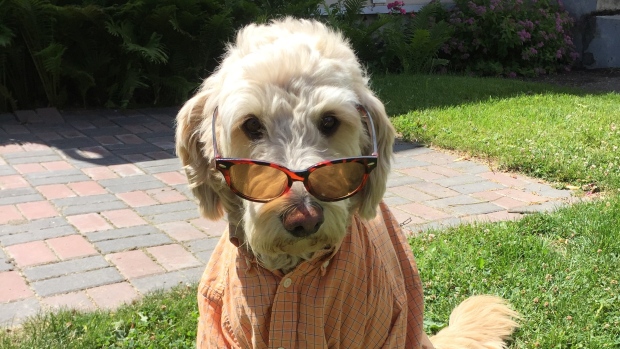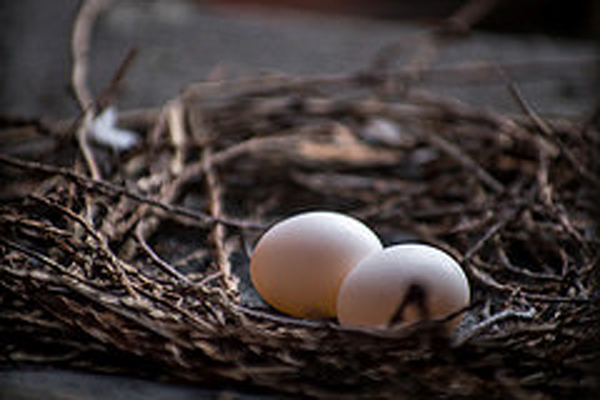Kamloops environmental researcher James Gordon composts everything he can from food scraps to lawn clippings and now even his dog Lenny’s poop.
Every dog owner knows how much waste goes in picking up dog poop. Even biodegradable bags generate a ton of garbage. Every urban park has garbage cans with bags of dog poop inside.
Gordon, the research coordinator in the office of environment and sustainability at Kamloops’ Thompson Rivers University, says if everyone composted a little, it would make a big different.
“There’s lots of little things we can all do on a regular basis and this is just one of them … theoretically if we all composted around the world, it would have an effect.
He believes composting is another great way to keep waste from unnecessarily ending up in the landfill.
“If you’re a dog owner, you pick it up in a plastic bag anyway, so this is just taking it a step further. It’s really not a big deal. You open it up, put it in and that’s about it,” Gordon told CBC Daybreak Kamloops.
Naturally concerned about the environment, and as a father of two young children, Gordon’s views are that he can make a difference in his lifetime to protect the earth’s natural ecoystems for the next generation.
The dog doolie, also known as a dog poop composter that he put in his backyard, was made for Lennie, the family’s labradoodle. It’s a simple system that he built four years ago. A three-quarter inch plywood cover over the hole where the compost is has slugs and lots of bugs.
Gordon put a planter pot into the ground. He cut out the bottom of the planter pot and has a bunch of holes on the side for drainage. Then he filled the bottom of the planter with golf ball size rocks and that’s it. In the video, the step by step instructions was designed to make it simple for anyone to compost dog poop.
“You start filling it up. Like any composting process you want a good mix of nitrogen rich material which is dog excrement with carbon rich material which are dead leaves or dead grass. Then you mix it and make sure the moisture levels are okay.
He then suggests adding a few teaspoons of enzyme in the compost similar to the kind used in a septic system.
“I’ve never had an issue with smell from any of the neighbours or any members of the family. About once a year, I harvest this compost and you can put it in any plant that does not produce food and once it’s completely decomposed there’s no scent of any foul smell whatsoever.
Gordon says the end result smells like very “earthy earthy dirt.”
Photo credit: James Gordon
h/t: CBC




